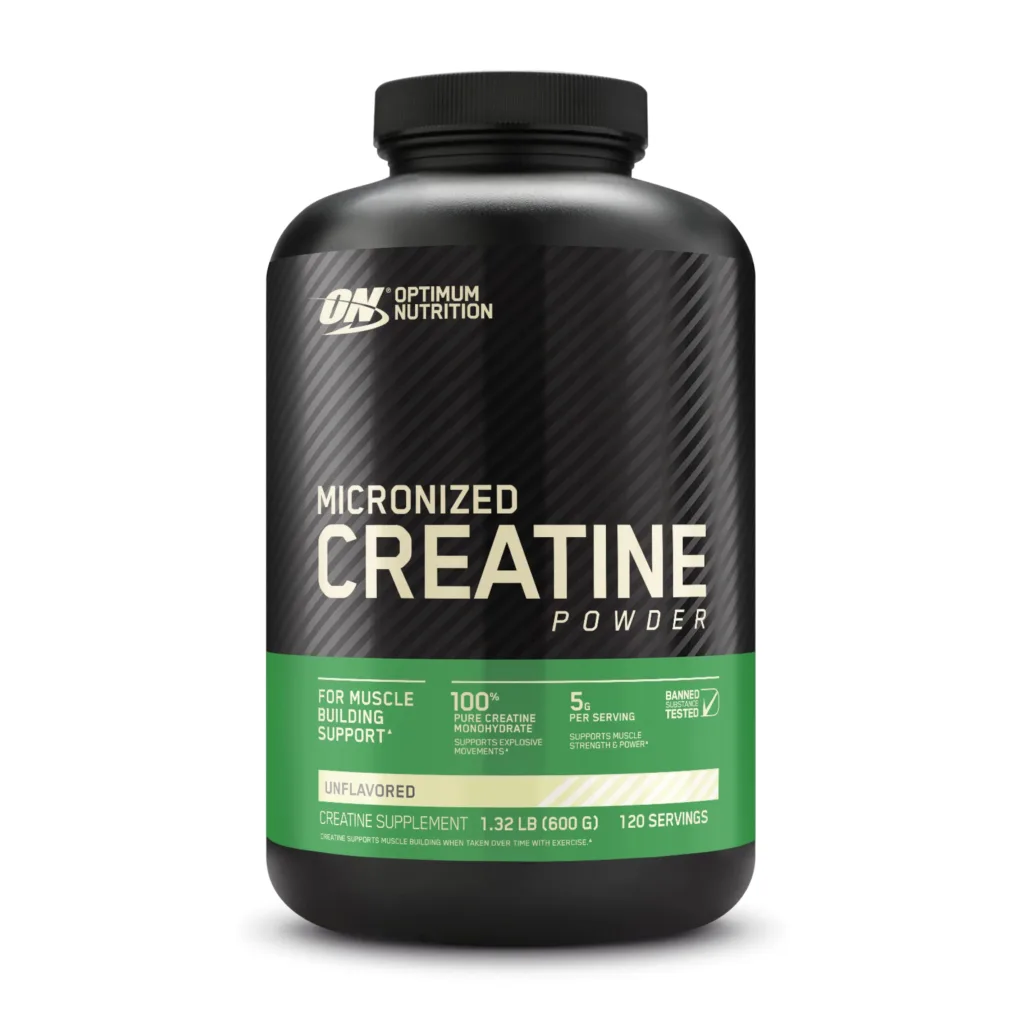Creatine is a popular supplement among athletes and fitness enthusiasts. It is known to improve performance and increase muscle mass. However, one of the side effects of taking creatine is water weight gain.
When you take creatine, your muscles retain water. This is because creatine helps your muscles produce more energy, and water is needed for this process. As a result, you may notice that you are gaining weight, even if you haven’t changed your diet or exercise routine.
In the first week of taking oral creatine, some people can gain up to 2 to 4.5 pounds, mainly due to water retention. This initial weight gain is temporary and should subside once your body adjusts to the supplement.
If you are concerned abut the water weight gain, there are a few things you can do to reduce it:
1. Increase your water intake: Drinking more water can help flush out excess water from your body. Aim for at least 8 to 10 glasses of water per day.
2. Reduce your sodium intake: Too much sodium can cause your body to retain fluid. Avoid processed foods and try to limit your salt intake.
3. Reduce your carbohydrate intake: Carbohydrates also cause your body to retain water. Try to limit your intake of refined carbohydrates such as white bread and pasta.
It’s important to note that water weight gain from creatine is not harmful. It is simply a side effect of the supplement. If you continue to take creatine, your body should adjust and the water weight gain should subside.
Water weight gain is a common side effect of taking creatine. However, it is temporary and can be reduced by increasing water intake, reducing sodium and carbohydrate intake. Remember, if you are concerned about any side effects of creatine, it’s always best to consult with a healthcare professional.
How Much Water Weight Do You Gain From Creatine?
When you start taking oral creatine supplements, it is common to experience an initial weight gain of 2 to 4.5 pounds in the first week. This weight gain is primarily due to water retention. Creatine draws water into your muscle cells, which can make your muscles apper larger and more defined. This water weight gain is temporary and should not be confused with actual muscle gain. It is essential to stay hydrated when taking creatine to prevent dehydration and other potential side effects. Additionally, the amount of water weight gain can vary based on factors such as the individual’s body composition, dosage, and duration of use.

How Do You Get Rid Of Creatine Weight?
To get rid of creatine weight, there are a few thins you can do. First, it’s important to drink plenty of water. Drinking water helps to stimulate urination, which can help to remove excess water from your body. Additionally, reducing your sodium intake can help to reduce water retention, as too much sodium can cause your body to hold onto water.
Another strategy to consider is reducing your carbohydrate intake. Carbohydrates can cause your body to retain water, so decreasing your intake may help to flush out excess water weight.
It’s important to note that it may take some time for the creatine weight to naturally dissipate from your body. Being patient and consistent with healthy habits can help to promote weight loss over time.
Conclusion
It is common to experience water weight gain when taking creatine supplements, particularly in the first week of use. This is due to the water retention effects of creatine. However, this weight gain is not necessarily a cause for concern and can be managed by increasing water intake, reducing sodium and carbohydrate intake, and being patient. It is important to remember that this initial water weight gain is not indicative of muscle growth and should not be used as a measure of progress in your fitness journey. Instead, focus on consistent training and nutrition to achieve your desired results.
